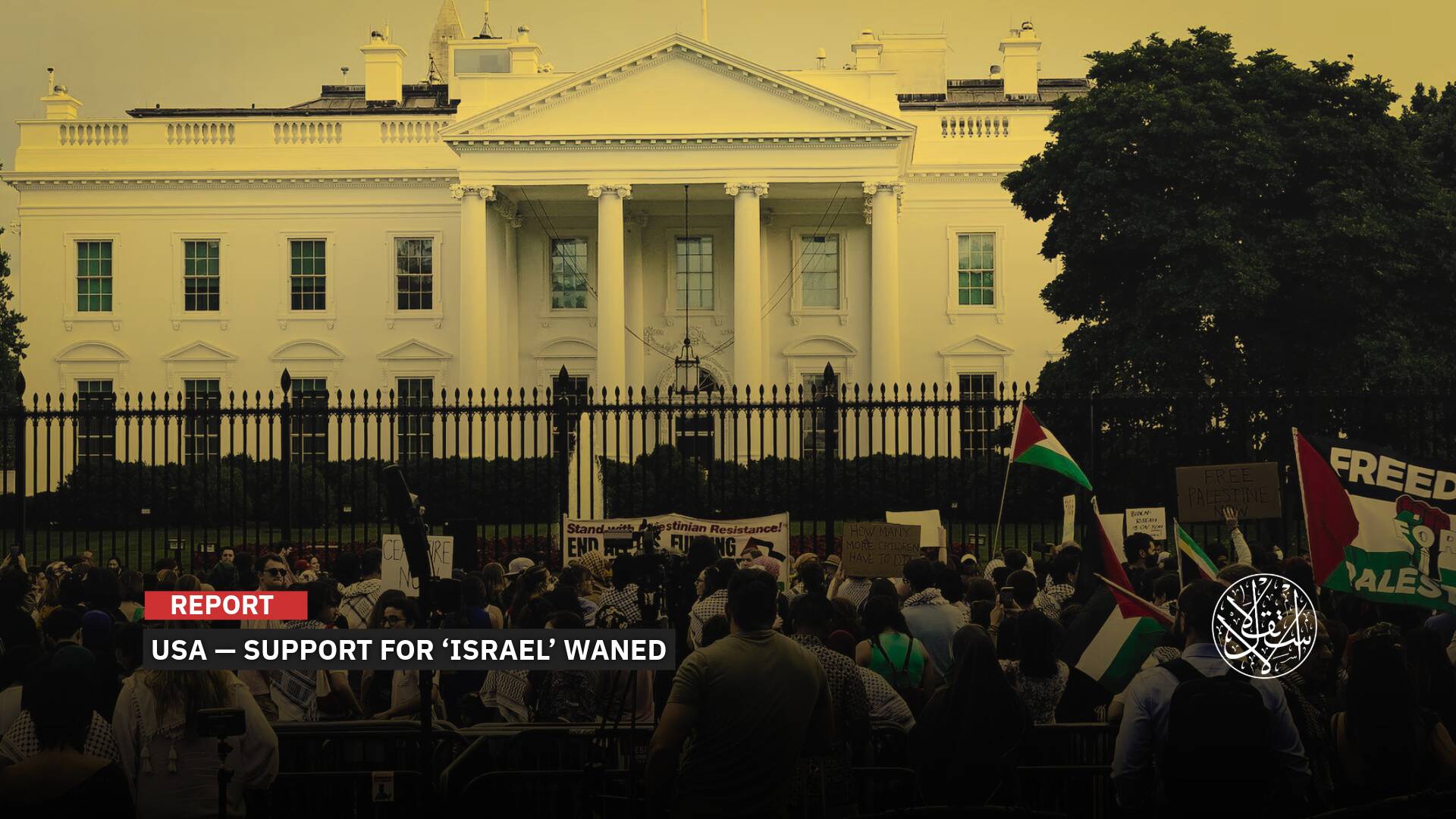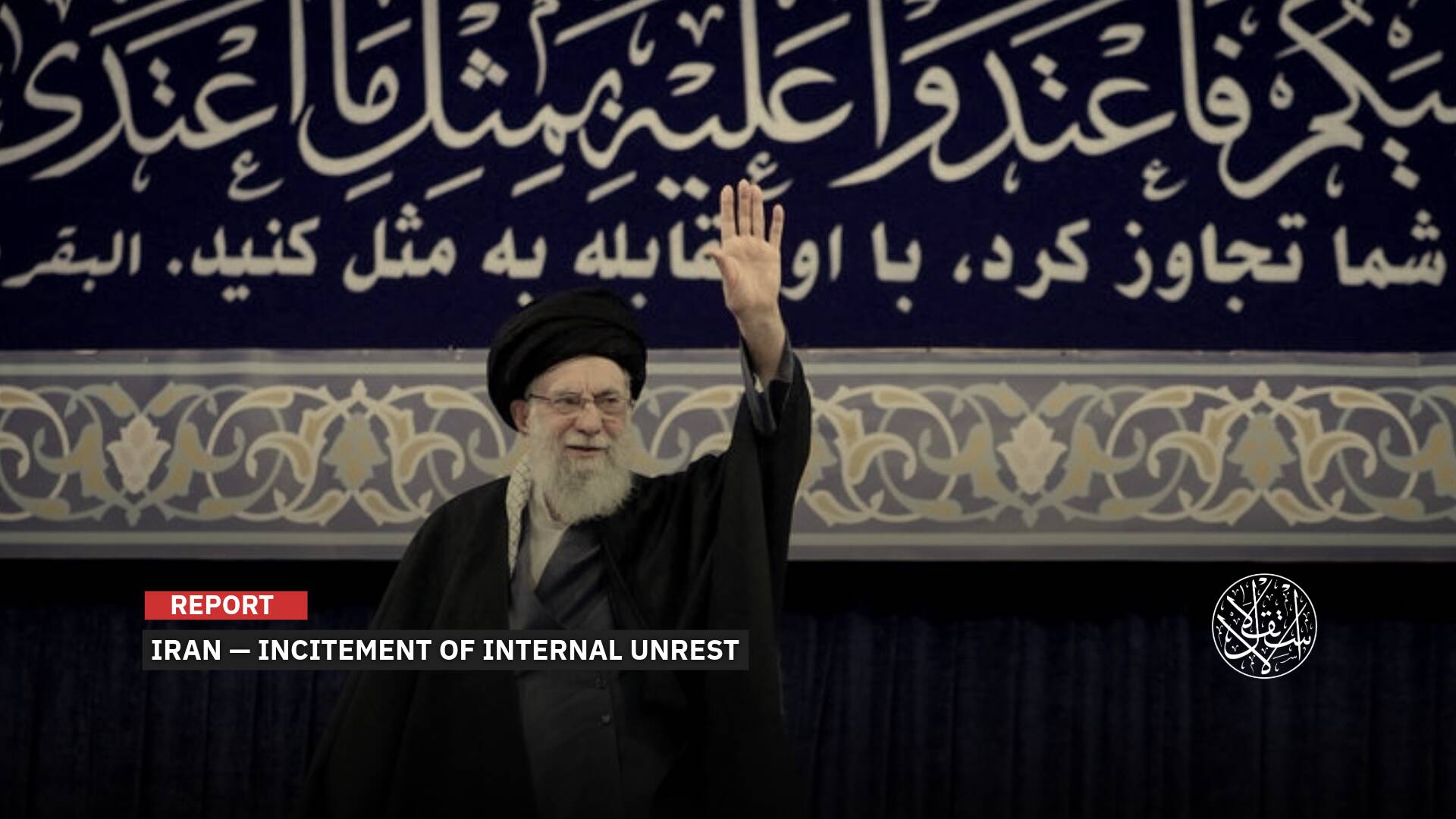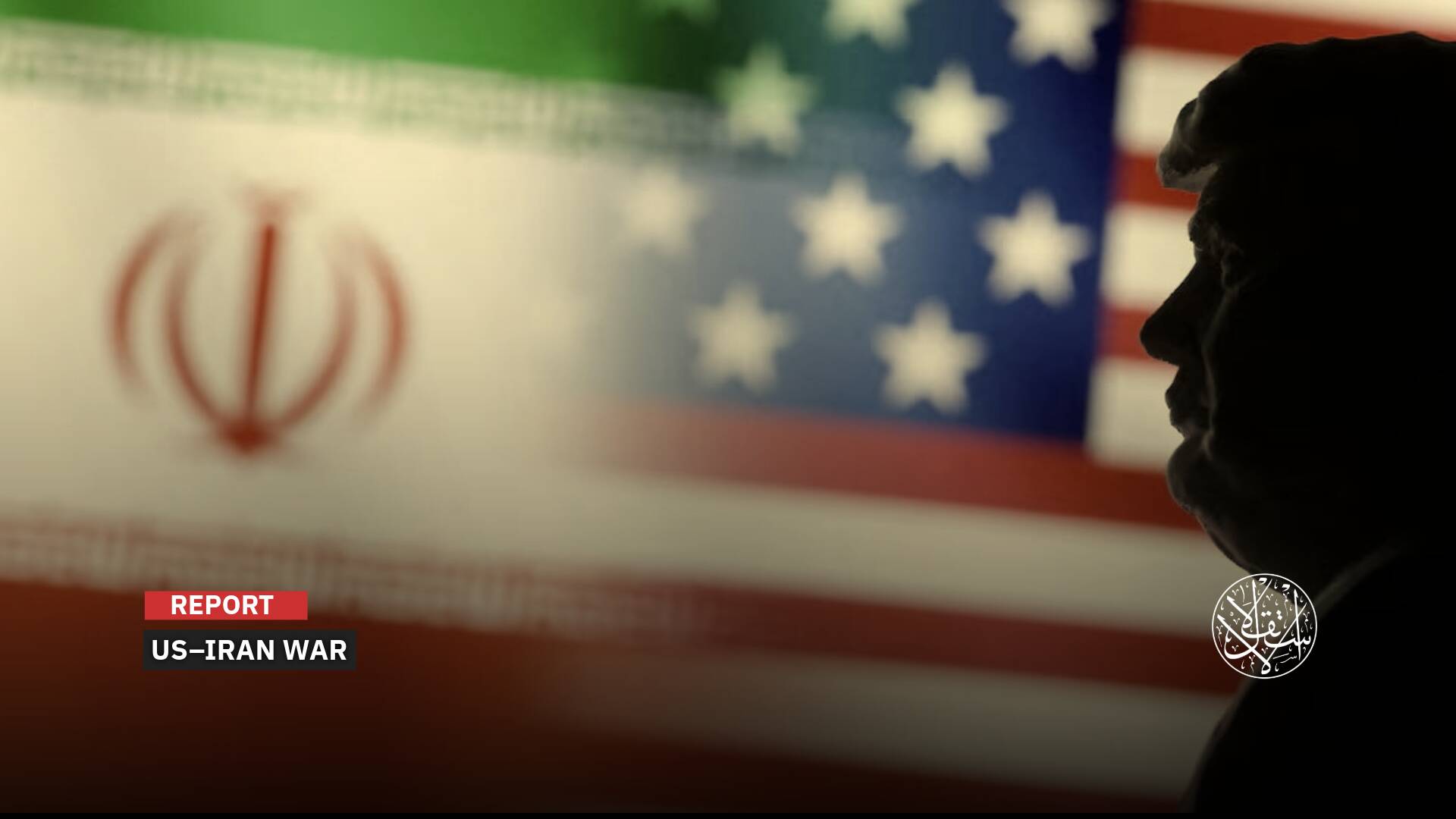Controversial Plan to Deport Illegal Immigrants From Britain to Rwanda

The British government reached a controversial agreement with its Rwandan counterpart, announced on April 14, 2022, to deport immigrants and asylum seekers to Kigali, in a move condemned by the United Nations and many human rights organizations, as British politicians considered it an immoral act.
The agreement signed by the Home Secretary, Priti Patel and Rwandan Minister for Foreign Affairs and International Cooperation, Vincent Biruta provides for this African country to become a waiting or settlement station for immigrants and asylum seekers crossing the English Channel into the United Kingdom, where they will be held in detention centers similar to prisons, and in exchange for this deal, Rwanda will receive $157 million.
The British government revealed that the agreement will apply retroactively to irregular immigrants who have arrived in the UK since the beginning of 2022, which raises the controversy about the timing of such a deal and the motives behind concluding it for the two countries.
It is noteworthy that, according to the latest figures from the British Home Office, more than 6,000 people have crossed the Channel since the beginning of 2022, while last year, 28,526 people crossed the Channel, which is an increase from the 8,404 people who were able to cross in 2020.
Migration Deal
British Prime Minister Boris Johnson has said tens of thousands of unauthorized immigrants seeking refuge in the UK will be flown to Rwanda under the implementation of the new British migration law, according to the Guardian reported on April 14.
Surprisingly, according to observers, Johnson insisted at a press conference that Rwanda, which the UK criticized in 2021 for its human rights record, is one of the safest countries in the world and is globally recognized for its record of welcoming and integrating immigrants, although this week the US State Department denounced it as a country with human rights problems.
When asked about Rwanda's poor human rights record, especially the torture of detainees, Johnson said: “Rwanda has completely changed over the past few decades from what it was.”
“Rwanda will be able to resettle tens of thousands of people in the coming years,” Johnson added.
The Guardian revealed several measures that will also be taken against illegal immigrants arriving in the UK, including the British naval forces’ control of rescue missions in the English Channel region, starting from 15 April, in addition to the establishment of new reception centers, in which those who attempt to enter the Kingdom illegally are detained.
The newspaper also confirmed that “the first new reception center will be a former British Royal Air Force base in the north of Yorkshire.”
Under the plan, Rwanda will bear the responsibility of asylum seekers arriving in it, and upon arrival, the processing of asylum applications will begin, as well as there will be efforts to encourage asylum seekers to settle in the African country, and the plan will apply to male asylum seekers only, according to the BBC reported on April 14.
However, there are questions, doubts and details that remain unknown, such as how long the asylum seekers will spend in Rwanda, and what will happen to them if the responses are negative or positive.

British Disclaimer
Many questions are being asked by human rights activists about the link between the transfer of irregular immigrants and asylum seekers to Rwanda with “the citizenship and border bill” proposed by the British Home Secretary Priti Patel last year, which has not yet been approved.
The bill includes preventing illegal entry into the UK, removing asylum seekers who do not have a legal right to be on British soil, and transferring asylum seekers to prison-like facilities outside the UK while their asylum claims are being processed, much like what the British Prime Minister has proposed in his last press conference.
In turn, Mr. Basem Salem, a lawyer specializing in asylum cases, sees in a statement to Al-Estiklal the agreement between Britain and Rwanda as extremist and anti-immigrant and is inappropriate for any country that seeks to defend human rights and the rule of law, in addition to that it will greatly harm Britain's reputation.
“There are personal motives for the British government plan, as Prime Minister Johnson is suffering from a decline in his popularity, after the authorities fined him for participating in parties at Downing Street during the period of lockdown to combat Covid-19,” the lawyer believes.
“In addition, Johnson seeks to win the approval of the British voter who had previously voted for him on the background of several promises, including controlling illegal migration, but a record number of immigrants crossed the Channel during his reign,” Mr. Salem adds.
He points out that “Britain had established an office in northern France to receive Ukrainian refugees on its soil, who are also considered illegal immigrants,” noting that “the British government uses the law in a dualistic manner.”
Mr. Salem expects that “the legal objection to activists, civil organizations, lawyers, and opposition political parties will contribute to pressure and stop the controversial migration plan.”

On his part, lawyer Mr. Bassam Tablieh explained in a statement to Al-Estiklal that “the British plan related to migration is still in the form of a draft and has not been finally approved, and it is awaiting a vote by the British House of Commons to approve or reject it.”
“If the House of Commons adopts such a migration plan, it is a new approach that the UK is taking, very different from the approach it was in several years ago when it was helping to draft refugee conventions and touting human rights, while today it is tearing up those agreements,” he adds.
“The UK, like the rest of the signatory countries to the Refugee Convention, which did not expect these numbers of refugees to a large extent, as well as the risks that may accompany asylum seekers, with regard to the issue of terrorism, have increased the fears of those countries, forcing them to narrow the application of this Convention to the fullest extent. Therefore, trying to select some refugees according to the interests of those countries, and rejecting all those who have no interest in accepting his asylum request,” Mr. Tablieh also explained.
“What worries us most as lawmen is the British authorities’ disclaimer of the application of the Refugee Convention, because this would imply that refugee requests would not be seriously studied, therefore will be rejected, and then the asylum seekers would be transferred to a third country,” concludes lawyer Tablieh.

Dirty and Inhuman Plan
A number of leaders of the opposition Labor Party criticized the government's plan regarding migration, and demonstrators gathered in central London, in conjunction with Johnson's speech in Dover, to denounce the British-Rwandan deal.
Labor Party MP Lucy Powell told the BBC that “moving asylum seekers to process their claims abroad is impractical, unethical and will cost taxpayers billions of pounds.”
She described Johnson's move in this regard as being indifferent to saving boats that are sinking in the Channel, but rather what concerns him is saving his own boat; in reference to the political crisis that the British Prime Minister is experiencing due to his accusation of violating health measures during the period of complete closure.
Scotland's Health Minister Humza Yousaf said, “the plan showed the Conservative government is institutionally racist.”
“The British government is granting asylum to Ukrainians fleeing the war, but it wants to send other asylum seekers to Rwanda, thousands of miles away, to process their claims,” he said in a tweet on his Twitter account.
UK Govt rightly provides asylum and refuge to Ukrainians fleeing war, but wants to send others seeking asylum thousands of miles away to Rwanda for "processing" - and you still question whether this heartless Tory Govt is institutionally racist?
— Humza Yousaf (@HumzaYousaf) April 14, 2022
In turn, Human Rights Watch condemned the agreement, saying that Rwanda does not respect basic human rights, and spoke of violations against refugees on Rwandan territory.
Detention Action, a human rights organization, has indicated that people who would be sent to Rwanda would likely face indefinite detention under a government known for its violent persecution of dissent.
“At the same time, the UK is granting asylum to Rwandan refugees fleeing political persecution,” the organization said in a statement.
As MPs vote to grant Priti Patel the power to send people seeking asylum to remote #offshoredetention camps, you can help spread the word about what happened when Australia pioneered this cruel and ineffective policy. #AntiRefugeeBill pic.twitter.com/Nmf6NFKlQr
— Detention Action (@DetentionAction) March 22, 2022
Refugee and human rights organizations criticized the British plan, describing it as cruel and inhuman, questioning the cost and impact of the plan, and also fearing Rwanda's human rights record.
The United Nations High Commissioner for Refugees (UNHCR) has expressed strong opposition and concerns about the UK's plan to transfer its asylum obligations, and has urged the UK to refrain from transferring immigrants to Rwanda to process their asylum claims.
“Such arrangements simply alter asylum responsibilities, evade international obligations, and run counter to the letter and spirit of the Refugee Convention,” UNHCR's Assistant High Commissioner for Protection Gillian Triggs said.
Enver Solomon, chief executive of the Refugee Council said, “the charity was appalled by the government's harsh and abhorrent decision, which will do little to deter people from coming to the UK.”

Refugee Deportation
The United Kingdom is not the first to intend to implement this approach, but was preceded by Australia, which built detention centers for refugees on Nauru and Manus islands for the same purpose, in which there are no minimum conditions for human life, without talking about human rights violations.
The Australian approach, which is based on placing asylum seekers in shelters outside the country, does not enjoy a good reputation, especially among lawmen; as the Prosecutor of the International Criminal Court had previously considered this approach as cruel, inhuman and not respectful of international law.
The Australian model has proven to be a failure, as the transfer of immigrants to these concentration camps has led to 12 deaths and physical and psychological damage to others since its implementation in 2013, as well as cases of harassment and rape, especially against children.
Among the negative aspects of the Australian approach in dealing with asylum seekers is the length of time, according to the Guardian newspaper, more than 250 people have waited about 7 years for their applications to be decided, and they have been detained for that long in these remote camps.

It is noteworthy that the “new charter for migration and asylum” proposed by the European Commission in 2020 had opened the door for a number of European countries to implement the option of receiving refugees or compensating them by financing reception and accommodation centers for asylum seekers outside the European Union.
Denmark preceded Britain in signing two cooperation agreements with Rwanda regarding migration and asylum applications, specifically in early 2021, but their details were not announced.
This was confirmed by the Danish Parliament when it passed a law in June 2021 allowing the transfer of asylum seekers on its territory to third countries outside Europe, despite widespread criticism from the EU, the UN and human rights groups.
On its part, the Israeli entity also concluded secret deals in 2013 with Rwanda and Uganda to transfer asylum seekers from Sudan and Eritrea.
However, a 2018 study by Oxford University revealed that this plan failed after refugees whose documents had been stolen and given no protection fled Rwanda and began a new and perilous journey to Europe.











